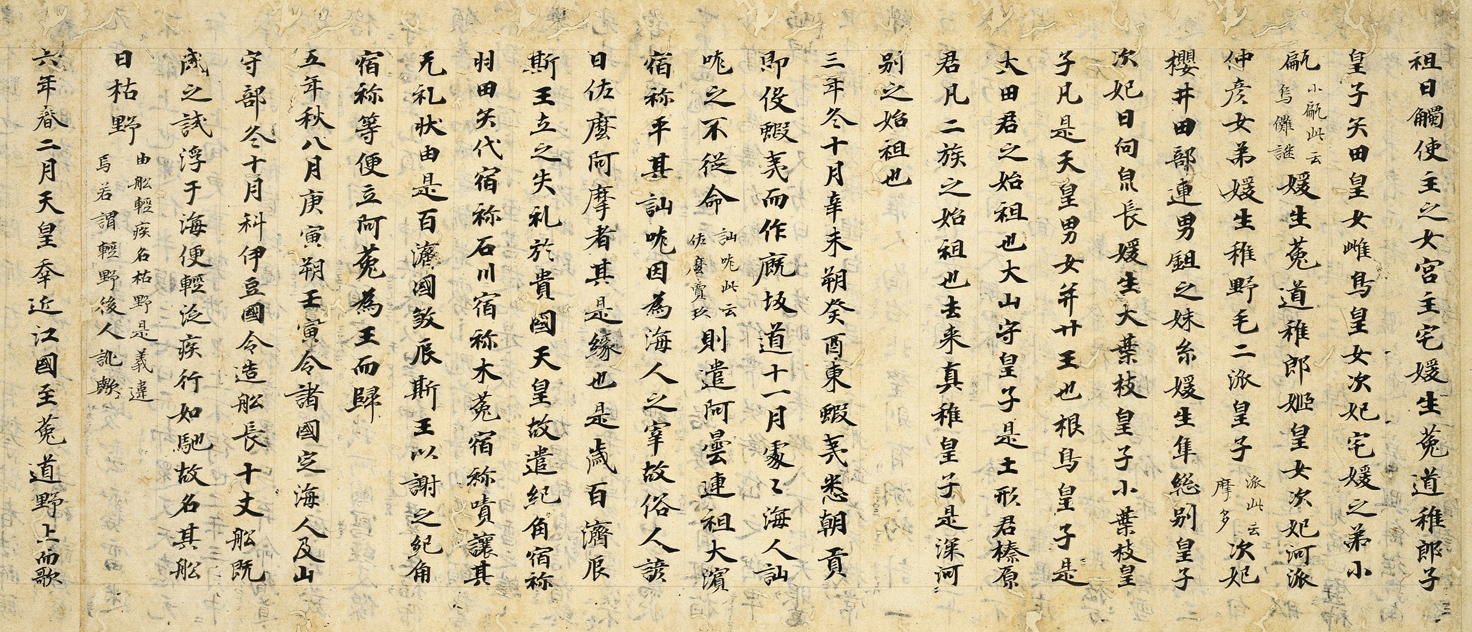
In this modern age of smart phones and computers, it might be argued that handwriting is not really that important. For Chinese learners, do you really need to be able to write all those characters? What about kanji for Japanese learners? Why bother if typing is all you’re going to do anyway. There are several reasons, one of which is that writing helps you remember better than reading.
Naturally, there are other reasons too. For instance, sometimes you do need to write by hand. Also, in this digital era, handwriting can actually be made much easier (try the handwriting input on your phone and you’re likely to find that it’s quite good).
Understanding how characters work
I think that learning to write at least the most common characters is essential. Depending on your goals or situation, you might want to wait with learning too many characters too quickly, and it’s perfectly fine to allow your knowledge of characters to lag behind that of your spoken ability. For Japanese learners, this would involve relying on phonetic writing instead of kanji.
However, ignoring writing altogether is only advisable if you’re not interested in the written language at all.
The number of characters you should learn to write is somewhat arbitrary, but at least a few hundred up to a thousand. Learning more beyond that is of course great. It is indeed necessary if you want to be able to write by hand, but I’m not convinced that learning more is an efficient way of increasing the other skills, including reading.
Note the difference between efficient and effective here. Learning to write more characters is certainly effective (it works), but it’s not efficient because it takes too much time.
Why writing helps you remember better than reading
Reading is a very poor way of learning to write. The reason is that the processing is very shallow. In general when it comes to learning anything, including vocabulary in a foreign language, the deeper you process the material you’re working with, the better you will remember it.
Reading or just looking at something is a very shallow level of processing. Writing the character yourself is much more demanding and makes it more likely that you remember the character later. In other words, writing will enhance your reading because you’re much less likely to forget the character, but reading will not necessarily help you remember how to write the character.
Another thing that makes reading a poor way of studying characters is that context often allows you to not even need to read the character. A good example of this is the Chinese word 尴尬 “embarrassing”. Without looking at the characters more than you just have by reading the previous sentence, can you write these characters? They are very easy to recognise because they almost always appear in that pair and they have a peculiar look. In short, your brain doesn’t even need to check the actual strokes to understand them. Writing them is of course another matter.
Here’s another great example in Chinese (if you want more about Japanese kanji amnesia, we have an article about that here): Most intermediate learners and up know how to recognise the characters for “sneeze”, but very few know how to write the last character. Do you know? If not, that’s okay, it’s not uncommon for native speakers to forget that too.
Here’s the answer (link to Zdic).
Actively searching for the right answer
While we’re talking about writing characters, the testing effect should also be mentioned. This has very sound scientific backing and basically means that testing yourself is a good way of reviewing. Or, put in other words, actively searching for the right answer and, hopefully, finding it, is vastly superior to just seeing the answer.
Some implications for language learners:
- Flashcards are great (Skritter)
- Multiple-choice questions are bad
- Reading is a poor way of learning to write
Other benefits of handwriting
There are other, less straightforward benefits of learning to write by hand, such as an increased ability of understanding other people’s handwriting (which is much harder to escape than writing on your own). The reason is of course that if you don’t know stroke order intimately well, it’s much harder to understand the semi-shorthand writing common among native speakers. It can of course be done, but it’s much harder.
What do you think? Are there any other benefits from writing by hand?
